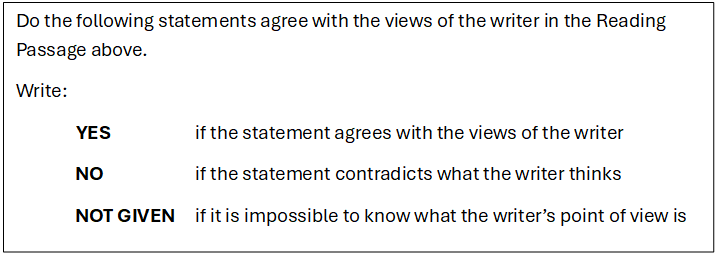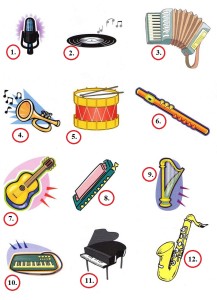Below is an example of a complex sentence which does not have any punctuation. Not only does it lack commas but it also lacks full stops – it’s too long. This is a mistake that many students make. They think that the longer the sentence, the higher the band score – unfortunately this is not true. Check the three questions to help you decide how to punctuate it.
- How many sentences do you think it should be?
- Where would you put the full stops?
- Where would you put the commas?
Write this sentence again using correct punctuation.
AnswerFirstly while it is thought that over population can be solved by limiting the number of children people can have it would be better to limit the number of people moving from rural to urban areas which is where the biggest problem lies because many people are moving to cities in search of employment so if the government tried to create more jobs in the countryside the problem would be solved almost instantly.
Firstly, while it is thought that over population can be solved by limiting the number of children people can have, it would be better to limit the number of people moving from rural to urban areas. This is where the biggest problem lies. Many people are moving to cities in search of employment so if the government tried to create more jobs in the countryside, the problem would be solved almost instantly.
Comments:
- After a linker such as “firstly” at the beginning of a sentence we usually use a comma.
- When you use the linker “while” or “although” at the start of a sentence, you will need a comma before the clause.
- The sentence using “while” is long so it is logical and necessary to have a full stop after it.
- The word “this” is used in order to divide the sentences and start a new one. This sentence is not long but it is still considered complex because it uses a “where” clause.
- The last sentence has two sentences joined with the linking word “so”. The first part is quite simple, while the second part is a second conditional which requires a comma between clauses.










